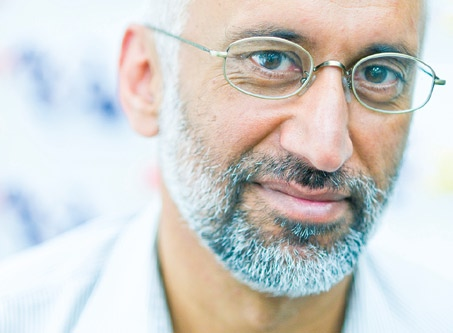As interest in bioengineering has grown, so too have graduate programs at leading institutions. In the fall of 2009, Lehigh introduced M.S. and Ph.D. programs in bioengineering with emphases on cellular and biomolecular science and engineering.
Anand Jagota, who directs the program, says the growth in bioengineering programs across the nation and at Lehigh suggests that there will be more than enough applicants for the new graduate programs. And, he adds, the U.S. Department of Labor’s Bureau of Labor Statistics recently reported that biomedical engineers are expected to have more rapid employment growth through 2014 than the average for job seekers in all other occupations.
“Biomedical engineers, particularly those with only a bachelor’s degree, may face competition for jobs,” Jagota says. “Unlike the case for many other engineering specialties, a graduate degree is recommended or required for many entry-level jobs in biomedical engineering.”
Lehigh’s graduate programs in bioengineering will train students to solve problems that require the application of interdisciplinary knowledge, says Jagota.
“We’re looking to attract students with diverse academic backgrounds,” says Jagota. “We are providing them with an integrated foundation in engineering, physical science and life science, especially at the molecular through cellular scale, with a strong appreciation of physiological context.”
Jagota works with an oversight committee composed of faculty from the P.C. Rossin College of Engineering and Applied Science and the College of Arts and Sciences.

